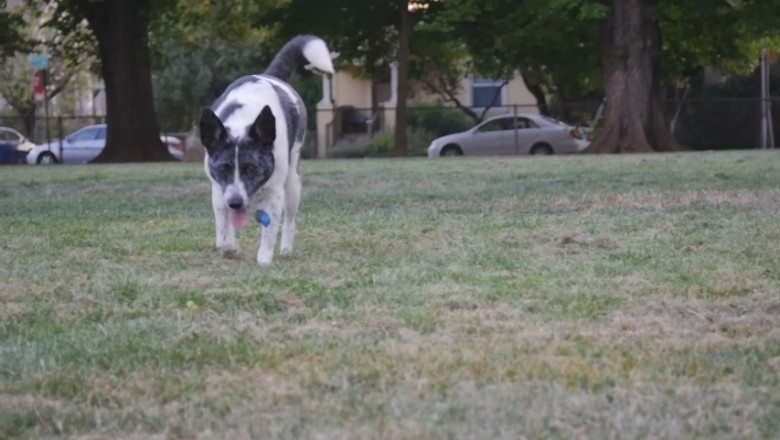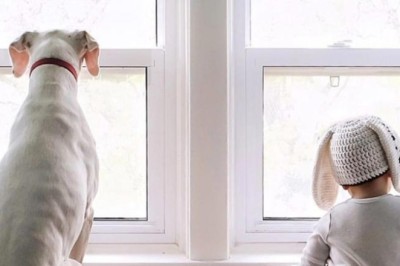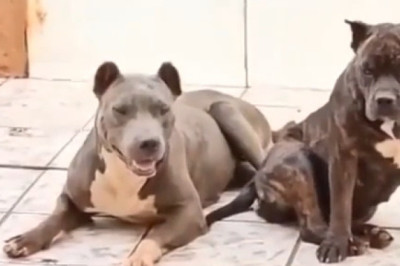Understanding Excitement Urination in Dogs
If your dog pees when he gets excited, it is essential to approach this behavior with understanding and patience. Dogs may exhibit this behavior when they experience happiness, anxiety, or fear, and it is crucial to recognize that it is not intentional on their part. Rather than scolding them, it is important to address the issue in a positive and effective manner.
Identifying the Reasons Behind Excitement Urination
- Dogs may urinate to mark their territory, show submission, or relieve stress and pent-up emotions. Understanding the specific cause behind the behavior is key to managing it effectively.
- Physiologically, puppies, especially small breeds, may have weak sphincters, making it challenging to control their bladder during emotional moments. Excitement can also trigger the release of strong-smelling fluids.
- Emotionally, joy, anxiety, or fear can lead to overstimulation in dogs, resulting in loss of bladder control. Some dogs may urinate as a submissive gesture towards a situation or person causing them fear.
Dealing with Excitement Urination
- When your dog pees upon seeing you, it is a natural response to the excitement of your reunion. As dogs mature and gain better bladder control, this issue often resolves itself.
- Refrain from reprimanding the dog for this behavior, as it could heighten their anxiety, leading to more frequent incidents. Instead, utilize positive reinforcement training techniques to help them manage their emotions effectively.
- If the problem persists despite training efforts, seek advice from a veterinarian to rule out any underlying medical conditions contributing to the behavior.
Addressing Urinary Incontinence in Dogs

Incontinence in dogs can stem from various causes, each requiring specific treatment and management strategies.
- Neutered females may experience incontinence due to estrogen deficiency following surgery, weakening the bladder sphincter. Treatment involves medications containing estrogen or drugs to strengthen sphincter muscle tone.
- Urinary tract infections or cystitis can lead to leakage of urine, often accompanied by blood or a foul odor, particularly common in puppies with developing immune systems.
- The presence of urinary stones can result in urinary issues and an increased risk of infections, sometimes necessitating urgent veterinary attention.
- Increased thirst in dogs may lead to more frequent urination and difficulty in bladder control, possibly indicating underlying conditions like pyometra, kidney disease, diabetes, or Cushing's syndrome.
Diagnosis and Treatment of Incontinence
- Diagnosing incontinence typically involves urinalysis, imaging tests such as x-rays and ultrasounds, and occasionally blood work.
- Treatment approaches vary based on the underlying cause and may include medications, physical therapy, or surgery.
- With appropriate treatment, most dogs can overcome incontinence and lead a normal life, with prognosis depending on the specific condition and individual response to treatment.






















Comments
0 comment